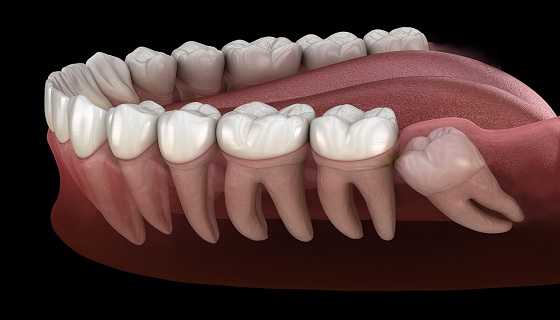When it comes to dental care, wisdom teeth are an important aspect for any individual. Wisdom teeth are the four third molars, which usually grow between 17 years to 22 years of age. The growth of these teeth is generally very painful that causes the problem in eating too. It also makes a person feel more uncomfortable in every aspect. These teeth are located in more complex locations which makes them more vulnerable to tooth decay. It is not easier to clean these teeth easily which leads to the accumulation of plaque on them. It then starts causing cavities in the teeth. In some cases, it even causes different gum problems like Gingivitis and Periodontitis. Some people suggest removing the wisdom tooth at the earliest. However, it is also true that some people suggest retaining the wisdom teeth and doing the root canal treatment.
What if I go for the option of a root canal?

A root canal method can help to restore your wisdom teeth which may hardly have any of the complications. Here, the infected tooth will be cleaned from the root where the infected pulp is removed. However, the procedure of the root canal is more painful where the cleaning of the infected area of the tooth happens. At first, the dentist will examine the tooth with an X-ray and detect the severity of the infection. The hole is drilled for removing the infected pulp by reaching through the enamel. The dentist will remove the dead tissue and the pulp with the different instruments. After the completion of the procedure, the necessary anti-bacterial solution will be applied to safeguarding it. The root canal fillings are then put in the hole and walls of the canal.
Risks associated with a root canal:
The enamel may get damaged in the process when not done properly. Also, the presence of the infected material when not cleaned properly can cause abscess development and it may spread more. So, it is always better to visit a dental care expert who can do the procedure properly.
Aftercare following root canal treatment:
After the completion of the root canal, avoid eating any solid food for one single day. Also, the next four to five days, it is better to avoid hard food items.
What if I go for a tooth extraction?

The tooth extraction process is simple, where the short anesthesia will be given to the nearby tooth to numb that portion. Next, the wisdom teeth will be removed in a proper way. Here, a little pain can be experienced after the effect of the anesthesia diminishes.
Risks associated with tooth extraction:
After the extraction of the tooth, special care must be taken as it can increase the bacteria in the mouth. Also, it will create complications to the nearby teeth as they will lose the support of missing teeth.
Aftercare following tooth extraction:
It is better to go for the dental bridge or dental implant after the tooth extraction. Make a visit to the dental expert to check the proper condition. So, depending on the dental expert’s advice, budget, and choice, you may go for either root canal or tooth removal. Taking proper care after the treatment is important here.
Expert Opinion
- Dr. Manan Dhulia Dental Director of Sabka dentist says "When it comes to wisdom teeth, it is difficult to decide whether to go for root canal treatment or tooth removal. Many dental experts suggest that root canal must be given priority. Here, it just retains the tooth at that position helping in many ways. Wisdom teeth must be cleaned properly to minimize problems later.”










